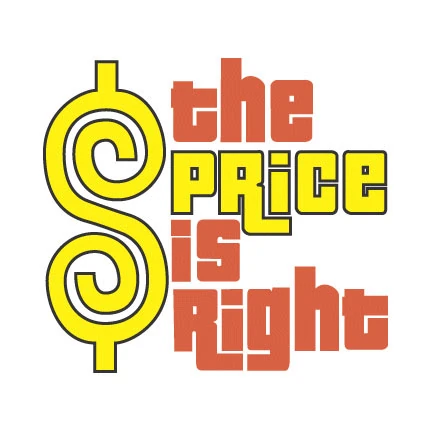A couple of days ago we brought you some awesome tips for making your property hurricane safe, check them out here. One of the things we touched on briefly was hurricane insurance. Hurricane insurance can come in handy if your property is located in an area where hurricanes are likely to hit, but it’s important to assess whether or not it’s right for you.
So, what exactly is hurricane insurance?
Well, the deductible works a bit differently than it does with most other insurances. With hurricane insurance, the deductible is typically a percentage of the home’s cost (usually between 3 and 5 percent), but this will depend on your state and homeowner’s insurance policy. The state you’re in also determines the kind of coverage that you’ll get as far as hurricane insurance, because of the fact that not all states offer extensive hurricane coverage in homeowner’s insurance policies. Hurricane insurance will typically cover damage caused by wind and rain, not flooding.
Time to talk about flood insurance! Flood insurance can be useful if your property is in an area susceptible to hurricane s, and is also in a flood zone. There are different kinds of flood insurance you can get, depending on the type of property you manage. For commercial properties, look into building policies; building policies cover damage done to the structure of the building, like foundation and exterior, as well as some indoor things like paneling, air systems, and flooring. The coverage is usually up to $250,000. If you manage a personal property, a personal policy is better suited for you; a personal policy covers things like furniture, clothing, appliances, etc. Usually this covers up to $100,000.
s, and is also in a flood zone. There are different kinds of flood insurance you can get, depending on the type of property you manage. For commercial properties, look into building policies; building policies cover damage done to the structure of the building, like foundation and exterior, as well as some indoor things like paneling, air systems, and flooring. The coverage is usually up to $250,000. If you manage a personal property, a personal policy is better suited for you; a personal policy covers things like furniture, clothing, appliances, etc. Usually this covers up to $100,000.
So, now that you know a bit about the different kinds of insurance available to you, do some research and figure out what’s best for your property.


 move out.
move out.

